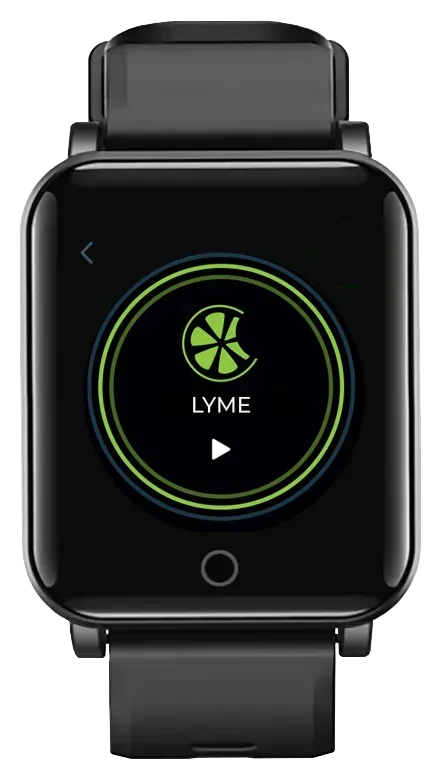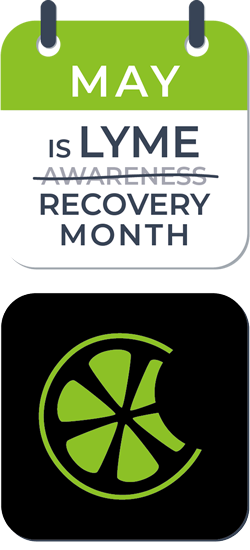Welcome to the post-holiday winter months: the time of year when we are most vulnerable to seasonal depression. Friends and family members have gone home, we’ve put on some weight, the bills have started to arrive, and our credit cards are crying “help.” But Seasonal Affective Disorder (SAD) isn’t just about what surrounds us; it has a great deal to do with what’s inside us … or not inside.
Blame it on the Sun.
We’re spending more time in the dark. Shorter days and a lack of natural light disrupt the body’s internal clock or circadian rhythm. When the lights go down, the body produces more melatonin, which causes fatigue, drowsiness, and disturbed sleep patterns. At the same time, serotonin, another chemical critical to mood and feeling good, is depleted by darkness. The Sun is also a primary natural source of vitamin D, a nutrient vital for mental and physical health. Even on a bright day, most of us, and seniors in particular, suffer from a lack of vitamin D. Vitamin D levels can be boosted with a diet including egg yolks, cheeses, fatty fish like salmon, milk, yogurt, cereals, and juices. And even by utilizing a bioenergetic wearable like NIKKI.
We know how you feel.
Sad, for one thing, disinterested, for another. You may have trouble concentrating and have become anti-social. Poor sleep has led to low energy. Overeating and oversleeping are common symptoms of SAD. You’re disappearing into yourself and feeling down about you. Today is a bad day, and you’re sure that tomorrow will be worse.
The SAD facts.
Women and younger adults tend to be more susceptible to SAD compared to other populations. Further, those who are already struggling with substance abuse, an eating disorder, or other chronic issues often have low self-esteem, leading to greater levels of vulnerability. And of course, a family history of depression can be a significant factor.
Get together and get out.
Overcoming depression is a complex process, but nature and friends can be powerful allies. Engaging in activities like exercise and open-air conversations may feel more difficult in the moment, but can be more effective long-term than spending extended periods on the couch. When you feel the urge to retreat, consider stepping outside instead. Exploring fresh challenges, learning, and trying new things can also contribute positively. We know that you can’t just snap out of a depression- but you may stave off getting deeper into it by making conscious and deliberate decisions. And of course, don’t shy away from seeking more help. If those feelings of depression are starting to severely impact the way you live your life- book an appointment with your doctor. There are plenty of people out there who want to support you.
Depression is bad for your brain.
It’s essential to deal with depression before it starts to take over your life and take a toll on your brain. Like a series of concussions, persistent repeats of periods of depression can damage your brain and your ability to think, feel, and act. Parts of the brain shrink in people with recurring depression. Emotional response, memory, and higher-level thinking may all suffer permanently from prolonged depression. Another brain byproduct of depression is inflammation, which, if it isn’t brought under control, can kill brain cells, prevent new cells from growing, and hasten brain aging.
Approach SAD from the inside out.
The wearable NIKKI is designed to seek out nutrient sources in the body and put them to work in a fully optimized cellular network. NIKKI is the perfect counter to the chaos brought on by Seasonal Affective Disorder, reminding cells what they are supposed to do and sourcing the chemical support they need from within. In the absence of natural light, NIKKI bioenergetic science takes over with light-borne frequency sets that target the issues accompanying SAD. Visit wearenikki.com
Frequently Asked Questions
What is light therapy and how can it help treat SAD?
Light therapy, also known as phototherapy, is a treatment method commonly used to treat Seasonal Affective Disorder (SAD). It involves exposure to a bright light that mimics natural outdoor light, significantly more intense than regular indoor lighting. The idea is to compensate for the less sunlight during fall and winter months, which is believed to be a contributing factor to SAD symptoms. Patients are usually advised to sit near a light box that emits a very bright light (10,000 lux) for about 30 minutes each day, preferably in the morning, to help regulate their circadian rhythm and improve mood.
What are common SAD symptoms experienced during the winter depression?
Winter depression, a form of Seasonal Affective Disorder (SAD), typically brings a specific set of symptoms. These may include persistent feelings of sadness, hopelessness, and a lack of energy or interest in activities once enjoyed. Individuals may also experience increased sleepiness, an appetite change, especially cravings for starchy and sweet foods, leading to weight gain. These symptoms usually appear during the shorter, darker days of winter and often improve in the spring and summer months.
Can a mental health professional help with summer depression?
Yes, consulting a mental health professional is highly recommended for individuals experiencing summer depression, which is a less common form of Seasonal Affective Disorder (SAD) occurring in the late spring and early summer. A mental health specialist can provide an accurate diagnosis and suggest appropriate treatments like talk therapy, medication, or lifestyle changes to help manage symptoms. It’s important to address summer depression proactively, as it can significantly impact one’s daily life and overall well-being.
How are major depression and bipolar disorder related to SAD?
Major depression and bipolar disorder are both mental disorders that can be closely related to Seasonal Affective Disorder (SAD). Individuals with a history of major depression or bipolar disorder may be more susceptible to developing SAD. In the case of bipolar disorder, the seasonal changes can trigger episodes of either mania or depression. Selective serotonin reuptake inhibitors (SSRIs) are often used to treat SAD, especially when it manifests as major depression. These medications help by regulating serotonin levels, a neurotransmitter associated with mood.


